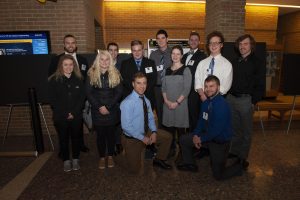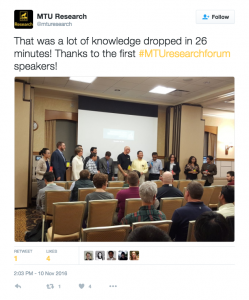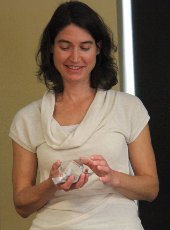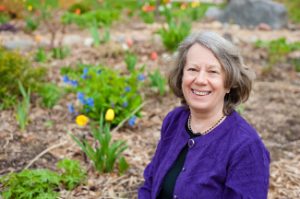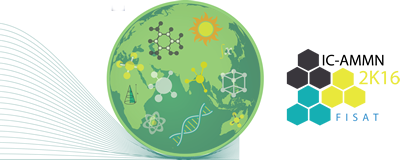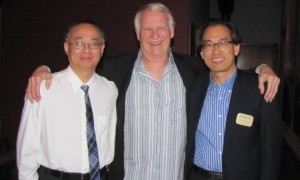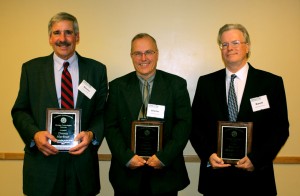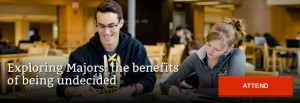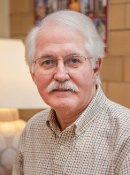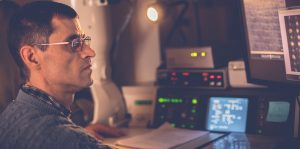 David Hemmer, dean of the College of Sciences and Arts has selected John Jaszczak, professor of physics and interim department chair of Chemistry as our third spring showcase member.
David Hemmer, dean of the College of Sciences and Arts has selected John Jaszczak, professor of physics and interim department chair of Chemistry as our third spring showcase member.
Jaszczak’s contributions touch large-class teaching, curriculum development and assessment, three key areas the showcase tries to recognize. He has been a key contributor to the assessment process not only within his department, but also at the college and university level.
In the Department of physics, Jaszczak has led the effort in coordinating and communicating assessment data for PH 2100- University Physics I, with the goal of trying to identify and then assist students at risk of underperforming and getting off track on their degree schedule.
This effort has led to a campus-wide consensus on the proactive development of a new physics course, PH 2110 University Physics 1 Workshop. This workshop was developed by Senior Lecturer Katrina Black and piloted for the first time in fall 2018 by Physics Instructor Amanda Shaw.
As a new dean I have been blessed to have a colleague like John Jaszczak. He cares deeply about student learning. As associate dean, he spearheaded efforts to improve teaching and assessment in the College. More recently he has done a marvelous job leading the Chemistry Department during a transitional year while we search for a new chair. Even while leading chemistry, he is working tirelessly on efforts to improve outcomes in Physics 2100.—David Hemmer
On a broader scale, Jaszczak has been chair of the University’s Goal 2 committee since its inception in fall 2014. In this role, he has led efforts to help faculty think about and assess student learning in courses on the General Education Mathematics and Science Course Lists. Jaszczak has been instrumental in helping instructors pilot several different assessment methods, including a methodology to efficiently utilize electronically graded exams for students in large-enrollment classes. The method allows assessment without sampling, potentially providing statistically significant data that can be insightful for instructor-initiated action.
At a University level, Jaszczak has met frequently with faculty across many departments, led well-attended Coffee Chats, and compiled, discussed and reported on assessment results. Hemmer concludes, “It’s clear to me that Jaszczak has been and continues to be one of the key people at Michigan Tech helping to advance student learning in STEM.”
Jaszczak will be recognized at an end-of-term luncheon with 12 other showcase members, and is now eligible for one of three new teaching awards to be given by the William G. Jackson Center for Teaching and Learning this summer recognizing introductory or large class teaching, innovative or outside the classroom teaching methods, or work in curriculum and assessment.
